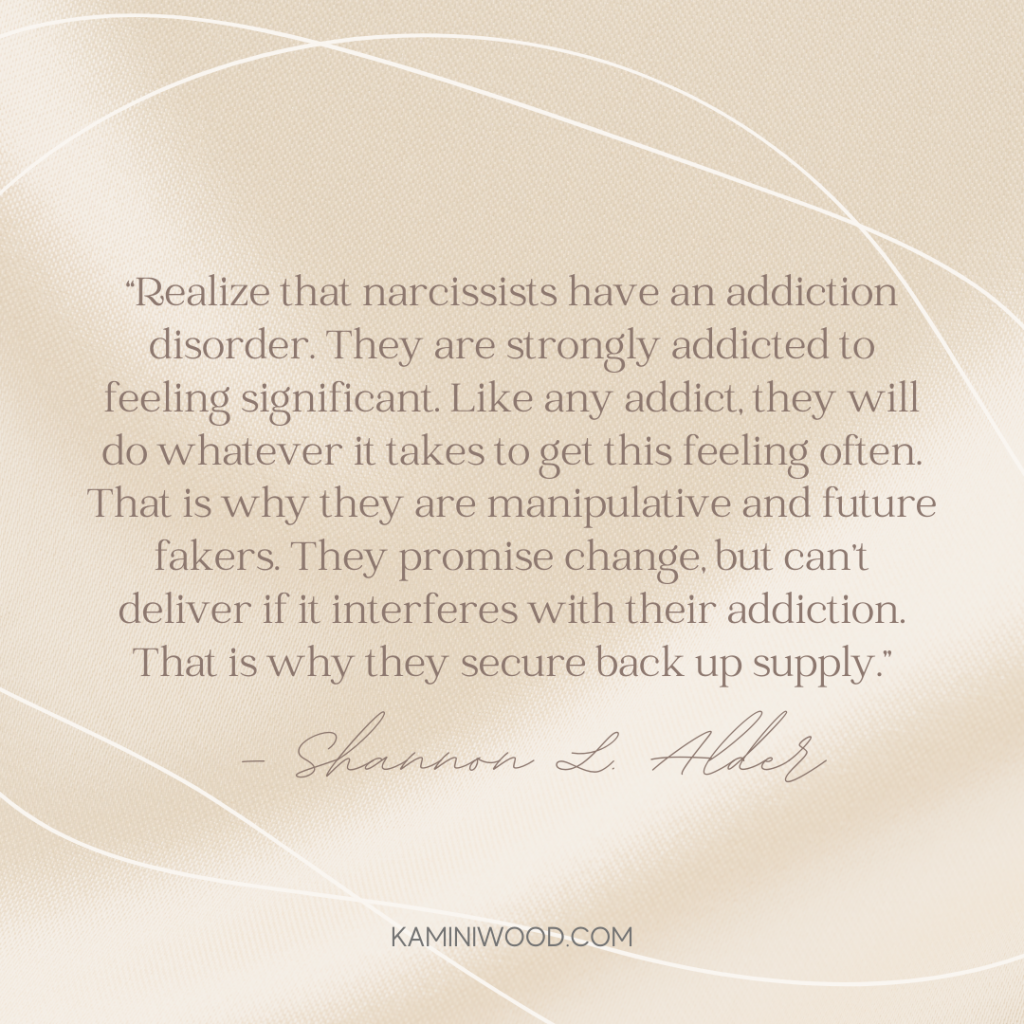Who Do Narcissists Target? (7 Common Traits Victims Display)

Narcissists are known for their self-absorbed and entitled behavior. They have an inflated sense of self-importance and crave admiration and attention from others. However, not everyone is targeted by narcissists in the same way. In this article, we will explore who narcissists tend to target and why.
Understanding Narcissism
Narcissistic Personality Disorder (NPD) is a mental health condition that is characterized by an inflated sense of self-importance, a lack of empathy for others, and a need for constant admiration. Narcissists often have a grandiose sense of self and believe that they are superior to others.
Narcissists may target individuals who they perceive as weak or vulnerable, as they are more likely to be able to control and manipulate them. They may also target individuals they perceive as a threat to their sense of superiority, such as those who are successful or confident.
It is important to note that not all individuals with narcissistic traits have NPD. Some people may exhibit narcissistic behavior without meeting the criteria for a formal diagnosis. However, regardless of whether someone has NPD or simply exhibits narcissistic behavior, it can be difficult to maintain healthy relationships with them.
Mental health professionals can help individuals who are struggling with narcissistic tendencies or who are in relationships with narcissistic individuals. Therapy can help individuals develop healthier coping mechanisms and improve their communication skills. It can also help individuals identify and address any underlying emotional issues that may be contributing to their narcissistic behavior.
7 Traits Narcissists Look for in Their Victims
If you are a victim of narcissistic abuse, you may wonder why you were targeted. Narcissists look for specific traits in their victims to manipulate and control them. Here are seven traits that narcissists look for in their victims:
1) They are Forgiving
Narcissists often make mistakes and hurt people around them. They look for victims who are forgiving and will overlook their mistakes. Forgiving people are easy to manipulate and control because they are less likely to hold the narcissist accountable for their actions.
2) They Suffer from Unhealed Trauma
Narcissists look for victims who have unhealed trauma because they are more vulnerable and easier to control. Victims with unhealed trauma often have low self-esteem and are more likely to put up with abuse.
3) They are Highly Empathetic
Narcissists look for victims who are highly empathetic because they are more likely to put the narcissist’s needs before their own. Empathetic people are also less likely to see the narcissist’s flaws and more likely to make excuses for their behavior.

4) They are Loyal
Narcissists look for victims who are loyal because they want someone who will always be there for them. Loyal people are less likely to leave the narcissist, even if they are abusive.
5) They Have Low Self-Esteem
Narcissists look for victims who have low self-esteem because they are easier to manipulate and control. Victims with low self-esteem are more likely to believe that they deserve the abuse and less likely to leave the narcissist.
6) They are Overly Accommodating
Narcissists look for victims who are overly accommodating because they are easier to manipulate and control. Victims who are overly accommodating are more likely to put the narcissist’s needs before their own.

7) They Take Responsibility for Everything
Narcissists look for victims who take responsibility for everything because they are easier to manipulate and control. Victims who take responsibility for everything are less likely to blame the narcissist for their behavior.
Remember, just because you have one or more of these traits does not mean that you deserve to be abused. Narcissistic abuse is never the victim’s fault, and it is important to seek help to heal from the trauma.
How Do Narcissists Treat Their Victims?
Narcissists are known for their controlling and abusive behavior towards their targets. They often use tactics such as gaslighting, blame-shifting, and denial to maintain their power and control over their victims.
In a relationship with a narcissist, the victim is often blamed for everything that goes wrong, while the narcissist takes no responsibility for their actions. They may also project their flaws onto their victim, making them feel flawed and inferior.
Narcissists lack empathy and compassion, and they often exploit their victim’s weaknesses and fears to maintain their control. They may use their victim’s insecurities to make them feel dependent on them, or they may use their victim’s strengths to make themselves look better.
Narcissists also tend to be very controlling, and they may try to isolate their victims from their family and friends. They may also try to control their victim’s finances and other aspects of their life.
In addition, narcissists often have a very high opinion of themselves and their abilities. They may belittle their victim and make them feel like they are not good enough. They may also demand constant attention and admiration from their victim, and they may become angry or abusive if they do not receive it.
How to Detach Yourself from a Narcissist

If you have been in a relationship with a narcissist, it can be difficult to detach yourself from them. Here are some strategies to help you break free:
Acknowledge the Abuse
The first step to detaching from a narcissist is to acknowledge that you have been abused. This can be difficult, as narcissists often manipulate their victims into believing that they are the problem. It is important to recognize that the abuse is not your fault and that you deserve to be treated with respect and compassion.
Practice Self-Care
Taking care of yourself is essential when detaching from a narcissist. This can include things like getting enough sleep, eating healthy, exercising, or even practicing mindfulness. Engaging in activities that bring you joy and spending time with people who support you is also important. Remember that you deserve to prioritize your own well-being.
Seek Professional Support
Working with a therapist who specializes in narcissistic abuse can be incredibly helpful when detaching from a narcissist. A therapist can help you understand the dynamics of the relationship and develop strategies for setting healthy boundaries. They can also provide support as you navigate the healing process.
Remember that detaching from a narcissist can be a difficult and painful process, but it is possible. By acknowledging the abuse, practicing self-care, and seeking professional support, you can begin to heal and move forward.



